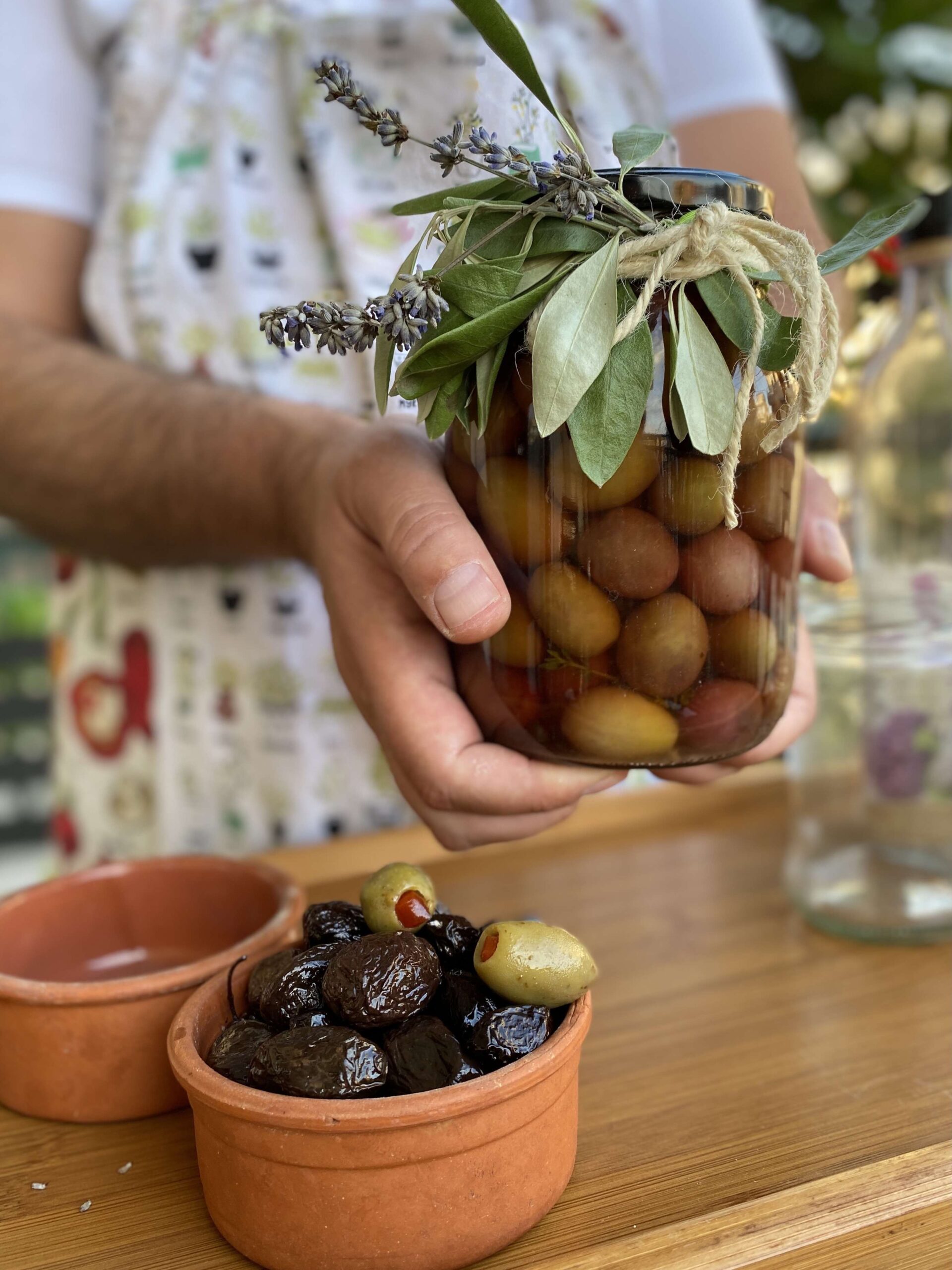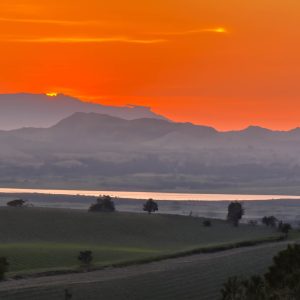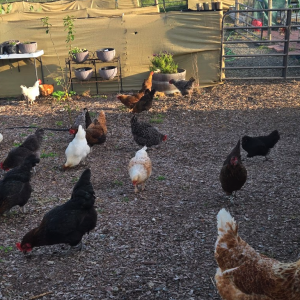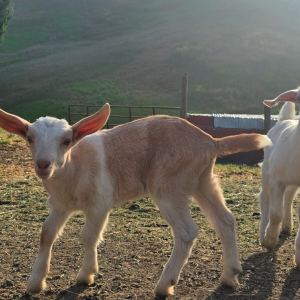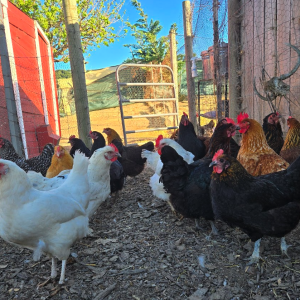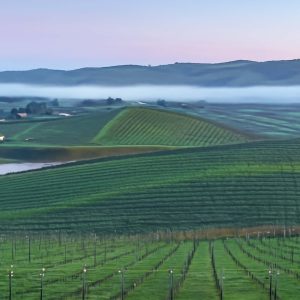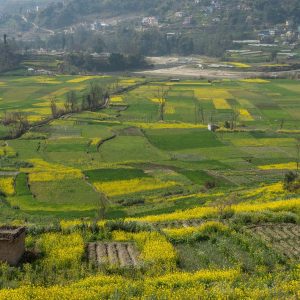Traveling to Lebanon: An Olive Oil-Themed Experience
Lebanon is a hidden gem for olive oil lovers, offering centuries-old olive groves, traditional mills, artisanal producers, and rich culinary experiences. If you’re planning a trip with a focus on olive oil, here’s a complete travel guide:
Best Olive Oil Regions in Lebanon
To experience the best Lebanese olive oil, visit these regions known for their historic groves and production:
1. Koura District – “The Land of Olive Trees”
- Why Visit? Home to millions of olive trees, Koura is one of Lebanon’s top olive oil-producing areas.
- Must-Visit Spots:
- Traditional Olive Presses & Modern Mills – Many family-run mills offer tours and tastings.
- Organic Olive Oil Farms – Some farms allow visitors to join the olive harvest (October-December).
- Monasteries & Local Markets – Monasteries often sell high-quality olive oil.
2. Bchaaleh, Batroun – Ancient Olive Trees (6,000+ Years Old)
- Why Visit? Home to the famous “Sisters” olive trees, some of the oldest living olive trees in the world.
- Must-Visit Spots:
- Bchaaleh Olive Heritage Trail – Walk through the ancient olive groves and learn about traditional cultivation.
- Bchaaleh Olive Oil Co-op – A local cooperative producing high-quality organic olive oil.
3. Akkar & Donniyeh (North Lebanon)
- Why Visit? Remote, mountainous areas known for their unique Ayrouni olives.
- Must-Visit Spots:
- Small-Scale Organic Olive Farms – Experience traditional hand-harvesting.
- Lebanese Rural Homestays – Stay with local families and enjoy home-cooked meals with fresh olive oil.
4. Hasbaya & Rashaya (South Lebanon & Beqaa Valley)
- Why Visit? These regions have been producing olive oil for over 1,000 years.
- Must-Visit Spots:
- Hasbaya Old Olive Presses – Visit centuries-old olive mills powered by water.
- Traditional Lebanese Farms – Sample olive oil straight from family-run groves.
Culinary Experiences: Cooking & Tasting Olive Oil
A. Olive Oil Tasting Tours
- Many farms and mills offer guided olive oil tastings, where you can learn to identify:
- Fruitiness
- Bitterness
- Peppery finish (a sign of high-quality olive oil)
Top Places for Olive Oil Tastings
- Olive Trade (Koura) – Boutique producer known for organic, high-polyphenol olive oil.
- Bchaaleh Organic Farms (Batroun) – Taste oil from 6,000-year-old trees.
- Kouroum Olive Farm (Hasbaya) – Offers farm-to-table meals with freshly pressed olive oil.
B. Lebanese Cooking Classes with Olive Oil
Enhance your trip by learning how to cook traditional Lebanese dishes using olive oil.
Best Cooking Experiences:
- Souk el Tayeb (Beirut) – Offers traditional cooking classes using local olive oil.
- Atayeb Workshop (Beqaa Valley) – Learn to make manakish, hummus, and batata w zeitoun (potato & olive stew).
- Rural Family Farm Experiences (Akkar, Hasbaya, Koura) – Join local families for a home-cooked meal with their fresh olive oil.
Olive Oil Harvesting Experience (October – December)
If you visit Lebanon in the fall, join an olive harvest!
- What You’ll Do:
- Pick olives by hand from ancient trees.
- Learn traditional pressing techniques.
- Enjoy a harvest feast with local specialties.
Best Farms for Olive Harvesting:
- Bchaaleh Olive Heritage Farm (Batroun)
- Al Furat Organic Farm (Koura)
- Akkar Cooperative (North Lebanon)
Where to Buy the Best Lebanese Olive Oil
Before leaving, stock up on premium Lebanese olive oil! Look for cold-pressed, extra virgin, and organic options.
Best Places to Buy:
Markets & Shops
- Souk el Tayeb (Beirut) – Lebanon’s first farmers’ market, with artisanal olive oil brands.
- Tripoli’s Old Souks – Traditional olive oil sold in large tin cans.
- Beqaa Valley Farmers’ Markets – Organic olive oil straight from producers.
Recommended Olive Oil Brands
- Olive Trade (Koura) – High-quality, organic extra virgin olive oil.
- Bchaaleh Olive Oil (Batroun) – From Lebanon’s oldest trees.
- Adon & Myrrh (Beirut-based, sourced from North Lebanon) – Boutique, artisanal oil.
- Sidon’s Cooperative Olive Oil (South Lebanon) – Family-made, smooth, and aromatic.
Best Olive-Themed Accommodations
For an immersive experience, stay at a rural farm or olive grove guesthouse.
Top Stays:
- Beit Douma (Batroun) – A beautiful guesthouse in an olive-growing village.
- Beit Al Batroun (Batroun) – A charming countryside retreat near olive groves.
- Dar Qadisha (Akkar) – A peaceful ecolodge surrounded by olive orchards.
- L’Hôte Libanais (Beqaa & Koura) – Offers farm stays and local culinary experiences.
Bonus: Olive Oil & Wine Pairing
Lebanon is famous for its wineries, and olive oil pairs beautifully with Lebanese wine!
- Visit Château Ksara, Château Kefraya, or Ixsir Winery to experience olive oil and wine pairings.
Best Time to Visit
- October – December → Olive Harvest Season (Best for farm visits & tasting fresh oil)
- Spring (March – May) → Perfect weather for olive grove hiking & picnics
- Summer (June – August) → Enjoy traditional festivals & outdoor markets with olive-based dishes
Sample 5-Day Olive Oil Travel Itinerary in Lebanon
Day 1 – Beirut Arrival & Olive Oil Tasting
- Explore Souk el Tayeb farmers’ market.
- Enjoy an olive oil tasting workshop.
- Have dinner at Tawlet, a restaurant showcasing rural Lebanese flavors.
Day 2 – Batroun & Bchaaleh Ancient Olive Trees
- Visit 6,000-year-old olive trees in Bchaaleh.
- Olive oil tasting at Bchaaleh Organic Farm.
- Sunset at Batroun’s beaches, with a seafood meal featuring olive oil.
Day 3 – Koura & Olive Harvesting
- Tour olive mills in Koura.
- Participate in olive harvesting & pressing.
- Enjoy a traditional Lebanese meal at a farm.
Day 4 – Beqaa Valley & Cooking Class
- Visit a rural olive farm in Beqaa.
- Take a Lebanese cooking class using fresh olive oil.
- Wine tasting & olive oil pairing at Château Ksara.
Day 5 – South Lebanon & Hasbaya’s Historic Olive Mills
- Visit Hasbaya’s ancient water-powered olive presses.
- Relax in Rashaya, a picturesque mountain village.
- Return to Beirut for a farewell dinner with Lebanese mezze.
Final Thoughts
Lebanon offers one of the richest olive oil tourism experiences in the world! Whether you’re harvesting olives, tasting extra virgin olive oil, or cooking authentic Lebanese dishes, this journey will connect you with centuries-old traditions and unforgettable flavors.

